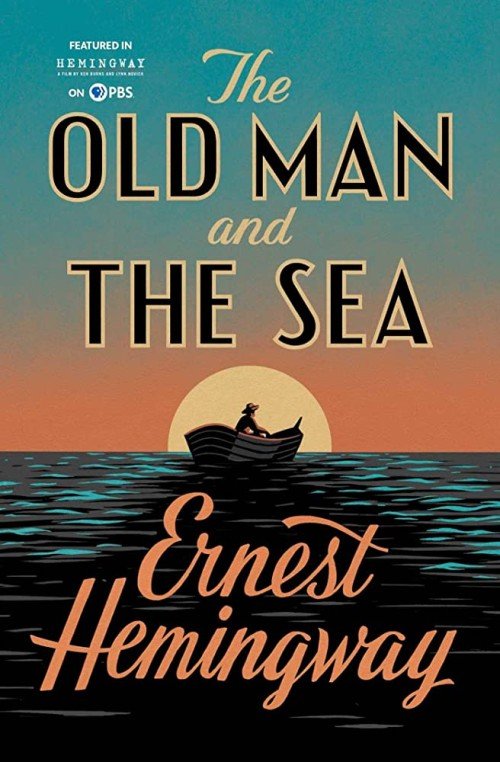The Old Man and the Sea: A Timeless Tale of Perseverance and the Human Spirit

The Old Man and the Sea, written by Ernest Hemingway and published in 1952, is a timeless masterpiece that continues to captivate readers around the world. The novella tells the story of Santiago, an old fisherman who is down on his luck and hasn't caught a fish in 84 days. Despite the ridicule of his fellow fishermen, Santiago sets out to sea determined to catch a big fish and prove his worth.
As Santiago sails further and further out to sea, he begins to feel a deep connection with the natural world around him. He talks to the birds and the fish, and feels at one with the sea. When he finally hooks a giant marlin, he engages in a fierce battle of wills with the fish that lasts for days. The struggle between the old man and the fish is both physical and psychological, and it takes a toll on Santiago's body and mind.
Despite his exhaustion and pain, Santiago never gives up. He is determined to catch the fish, and his perseverance and tenacity are an inspiration to readers. The novella is a testament to the power of human will, and the importance of never giving up on your dreams.
One of the most striking aspects of The Old Man and the Sea is Hemingway's spare, understated prose. He uses simple, declarative sentences and avoids flowery language or unnecessary detail. This style of writing is known as the "iceberg theory," because like an iceberg, most of the meaning is hidden beneath the surface. This makes the novella both accessible and deeply thought-provoking, as readers are forced to fill in the gaps and make their own interpretations of the story.
The Old Man and the Sea, written by Ernest Hemingway, is a short novel that tells the story of an old fisherman named Santiago, who has not caught a fish in 84 days. Despite the ridicule of his fellow fishermen, Santiago is determined to catch a big fish to prove his worth. The novella takes readers on a journey through the deep waters of the Gulf Stream as Santiago engages in a fierce battle of wills with a giant marlin.
The writing style of The Old Man and the Sea is characterized by Hemingway's use of simple, straightforward language. He employs a technique known as the "iceberg theory," in which he presents only the surface details of the story, leaving the reader to infer deeper meanings. This style adds to the beauty of the novella, as it allows readers to become active participants in the story.
One of the most impressive aspects of the novella is Hemingway's ability to create a powerful sense of place. The reader is transported to the Gulf Stream, feeling the sun on their skin and the salt in their hair. Hemingway's descriptions of the sea, the fish, and the birds are vivid and evocative, creating a world that is both beautiful and dangerous.
The character of Santiago is also a masterpiece of literary creation. He is a solitary figure, who has spent his life at sea. His struggle to catch the marlin is a metaphor for the human experience, as he battles not only the fish but also his own mortality. The novella explores themes of perseverance, dignity, and the meaning of life, all through the lens of Santiago's journey.
Overall, The Old Man and the Sea is a literary masterpiece that continues to resonate with readers today. Hemingway's spare prose, powerful sense of place, and compelling characters make it a must-read for anyone interested in literature or the human experience. It is a timeless work that reminds us of the power of the human spirit and the beauty of the natural world.
The Old Man and the Sea is also notable for its themes of isolation and loneliness. Santiago is a solitary figure, and he spends most of the novella alone at sea. This isolation is both a source of strength and a source of pain for Santiago, as he grapples with his own mortality and the meaning of his life. Hemingway explores these themes with sensitivity and insight, creating a powerful meditation on the human condition.
In conclusion, The Old Man and the Sea is a timeless masterpiece that continues to resonate with readers of all ages. Hemingway's spare prose, compelling characters, and powerful themes make it a must-read for anyone interested in literature or the human experience.